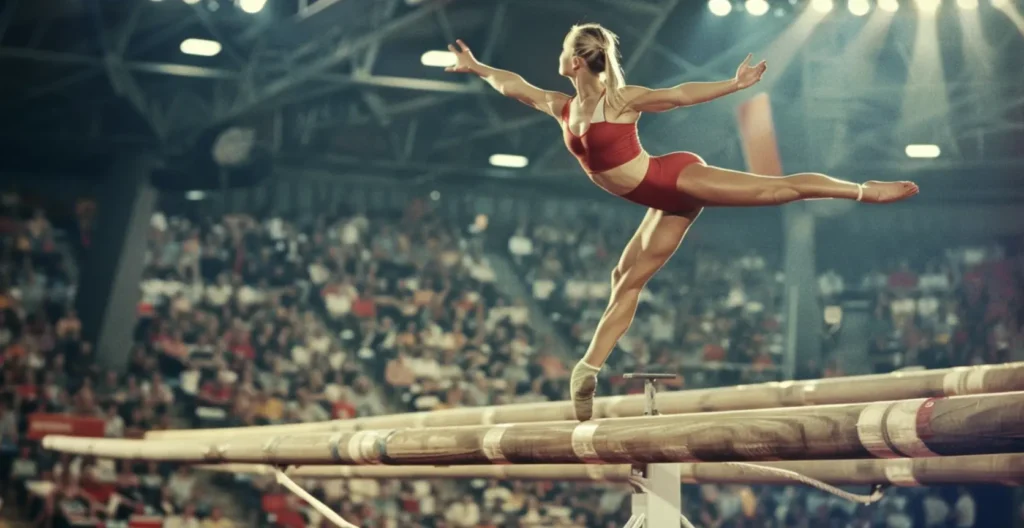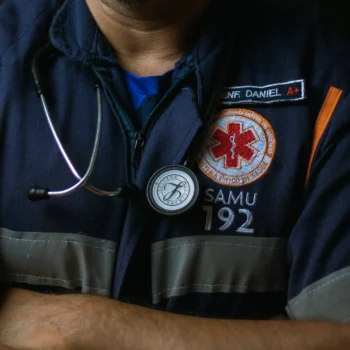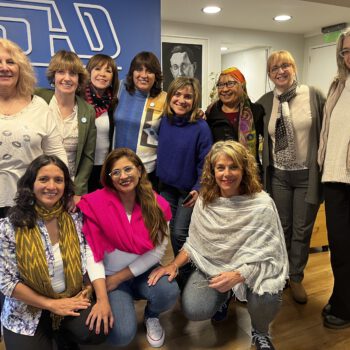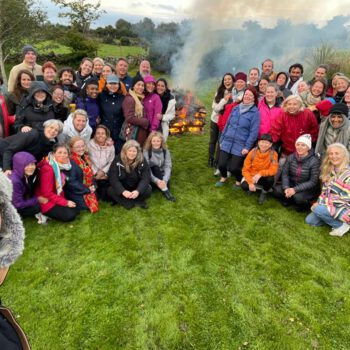Sara is an adoptee, the author of Searching for Mom, the founder of Adoptee Voices, and a course facilitator with the Neufeld Institute. Along with Kelsey Vander Vliet Ranyard and Lori Holden, she is a co-author of Adoption Unfiltered: Revelations from Adoptees, Birth Parents, Adoptive Parents, and Allies and co-host of the Adoption Unfiltered podcast.
This post references a short excerpt of Sara’s journey to heal the primal wounds of adoption, and her work supporting others in their healing. Listen to her full interview on The Gifts of Trauma Podcast.

Standing up for adoptees is my purpose and my passion. When I first found Dr Gordon Neufeld’s work, finally having the words, finally understanding that I was having a normal human response to a lot of separation was so refreshing. So by articulating and spreading awareness of certain dynamics that support adoptees in isolation, I aim to ensure they understand that these are normal human dynamics. I enjoy sharing that with adoptees who’ve been thinking, just like I did, “Something’s really wrong with me.” In truth, we’re all just acting the way our brains are wired to act, responding as we’re designed to respond when there’s a lot of separation. Talking to adoptees about this is really fascinating as we all operate in such similar ways.
What’s hard, and particularly frustrating, is that there can’t be adoption without loss. Dr Neufeld explains, “Adoption is one of the earliest and primary disruptions in the continuity of connection which can last through life. It doesn’t end right after adoption.That feeling of separation is developmental, and it will be there until the day you die.” There’s so much to grieve, nobody can do it all in one sitting. It’s a lifetime of grieving.
I summarize the adoption disruption I experienced over the course of my lifetime as growing up feeling different. Adoptees are not with our birth mothers, and we’re not the same as our adoptive families. That’s disruption. In adolescence we struggle to figure out who we are because we don’t have genetic mirrors. We don’t have a lot of the cues we need. We don’t even have our origin stories. I had parts of my origin story, but it started with my adoptive parents. They didn’t have my full origin story. So we’re missing pieces. We don’t have ancestral stories. We have gaps. In young adulthood, when we leave our adoptive families, we’re faced with more separation. We might start thinking about adoption then because we’ve got more space to think about it and consider the loss. We see that disruption.
I reflected on my disruption a lot when I was pregnant. I tried to tell myself it didn’t matter, to act invincible. That didn’t work. I started questioning all of the stories I had told myself. I began looking at my genes for the first time. Again, more disruption. More thoughts about separation. Losing my adoptive mother brought back the loss of my first mother, I felt a lot of those same feelings. I’m also facing it with other family members who are close to passing. I’m thinking about separating from them. So there’s loss and grieving, but there is freedom on the other side.
My adoptive mother had a lot of limitations, especially around adoption. She had some jealousy and insecurity about my other mother. She really enjoyed that we all matched in our family and so we could pretend that I wasn’t adopted. It was a pretending game I felt I had to play. She had a lot of limitations and when she passed, I felt there was freedom for me to stop pretending. Freedom to speak up and tell my truth. I couldn’t have done it before, and a lot of adoptees I’ve met are very sure they won’t be able to tell their stories until their adopted parents have passed because they need that freedom.
In my section of the book, Adoption Unfiltered, my job was to distill the big picture of adoption through Dr Neufeld’s lens on attachment and the three primal emotions of separation. So I interviewed adoptees, heard their stories. and identified similarities. When it came to emotional issues, almost everyone exhibited some form of pursuit, defensive detachment and alarm responses. Some showed the pursuit of love through people pleasing or perfectionism, like I did.
Through performing, achieving and winning, I tried to be perfect. I tried to be good enough, because the innate question adopted children ask ourselves is, “Why wasn’t I good enough to be kept?” I wanted to prove I was worthy of being kept by my adopted family. I wanted to not have anyone else go away. I also wanted my birth mom to come back. As I performed I’d be thinking, maybe this will get her to come back. Maybe she’s out there in the crowd watching and she’ll want me back. That was pursuit and it was a constant yearning. Over time it got scattered until it was no longer about my adoptive parents or my birth mother. I wanted to be the best, to be noticed, to be seen everywhere, by everyone. That’s pursuit energy. Its opposite is defensive detachment which shows up as, “I’m going to leave you before you leave me.” I’ve struggled with that too, I’ve backed out of relationships.
We live in a culture that tells us adoption is beautiful. When it comes up in conversation, if you tell someone you’re adopted the first thing they usually say is, that’s so amazing. Yes, it can be amazing, but it’s also an experience rife with unacknowledged grief and loss..
I speak in my book about disenfranchised grief, about writing our stories, allowing our emotions, our tears to come. That’s why I’m so passionate about making space for adoptees’ stories, especially those who have deep wells of sadness and grief.
Find whatever your bent is, whether it’s music, writing, time in nature, acting, dancing, or even comedy. When I’m with other adoptees, sometimes just laughing at the absurdity, indulging that dark humor, can be just as good as tears, Healing comes from making space for the sadness and grief. When I experienced my really big, deep first adoption grief, I was afraid it would never end. I was really afraid to go there, but then, it wasn’t so bad. We worry that our emotions will take us out. We wonder if we’ll still be functional, or we’ll get through it? The definitive answer is yes. When we make space, we can get to the other side.
– – –
The Gifts of Trauma is a weekly podcast that features personal stories of trauma, healing, transfor- mation, and the gifts revealed on the path to authenticity. Listen to the interview, and if you like it, please subscribe, rate, review and share it.




Comments are closed.